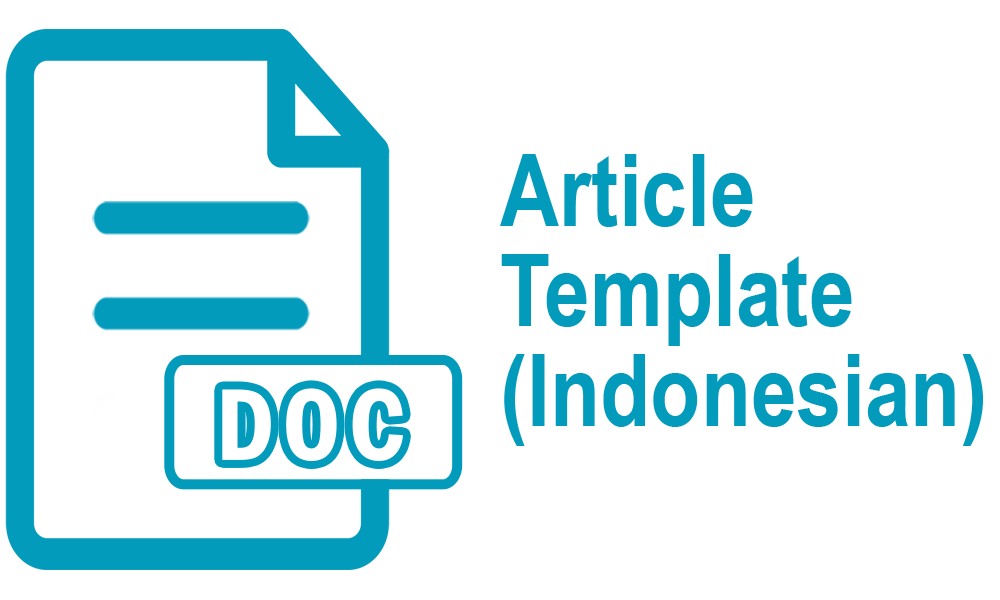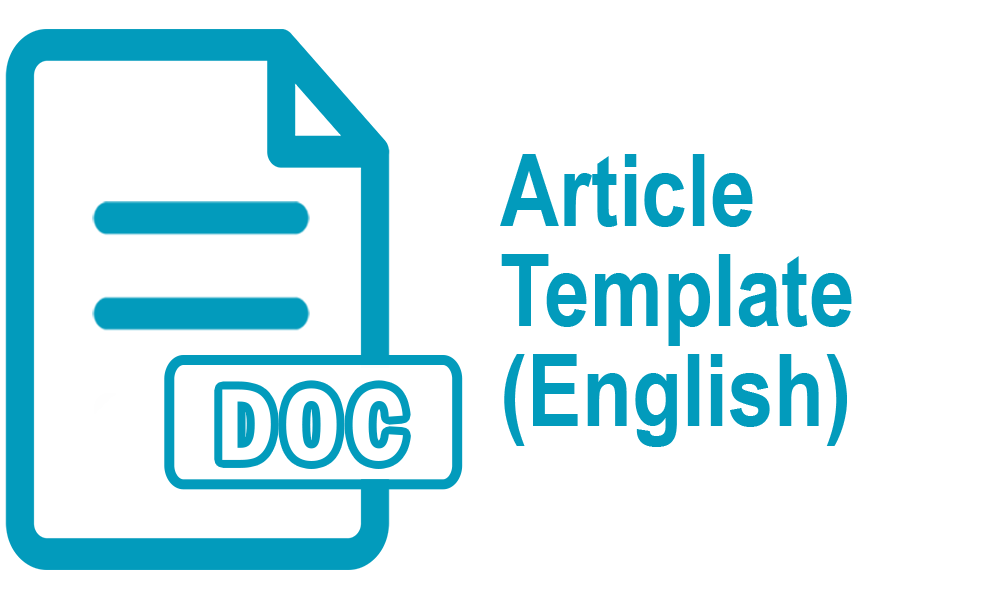Personality of the Main Character in Eat,Pray,Love Novel by Elizabeth Gilbert
Abstract
Keywords
Full Text:
PDFReferences
Allport, Gordon W. "Concepts of Trait and Personality." Psychological Bulletin 24.5 (1927): 284.
Aras, Goksen. “Personality and Individual Differences: Literature in PsychologyPsychology in Literature” Journal of Social and Behavioral Sciences. (2015): 250 – 257.
Bateman, Anthony, and Jeremy Holmes. Introduction to psychoanalysis: Contemporary theory and practice. Routledge, 2002.
Creswell, John W., et al. "Qualitative research designs: Selection and implementation". The counseling psychologist 35.2 (2007): 236-264.
Gedo, John E., and Arnold Goldberg. Models of The Mind: A Psychoanalytic Theory. University of Chicago Press. 1976.
Gilbert, Elizabeth. Eat Pray Love: One Woman's Search For Everything. London: Bloomsbury Publishing. 2009.
Morris, Bertram. " The Nature of Literature: Its Relation To Science, Language, And Human Experience, by Thomas Clark Pollock (Book Review)." Journal of International Phenomenological Society. 3.1 (1943): 58.
Miles, Matthew B, and Michael Huberman. Qualitative data analysis: An expander sourcebook. sage, 1994.
Perlman, Fredric T., and JERROLD R. Brandell. "Psychoanalytic theory." Theory and practice in clinical social work (2010): 101-131.
Wellek, Rene, and Austin Warren. Theory of literature. New York: Harcourt, Brace & World. 1956.
Wellek, Rene, and Austin Warren. Theory of Literature. London: Jonathan Cape. 1949-1954.
DOI: http://dx.doi.org/10.30872/jbssb.v7i2.7283
Refbacks
- There are currently no refbacks.
Copyright (c) 2023 Dian Ramadani, Nita Maya Valientien, M.Pd., Jonathan Irene Sartika Dewi Max S.S., M.Hum.
Editorial address:
Fakultas Ilmu Budaya, Universitas Mulawarman
Jl. Ki Hajar Dewantara, Gunung Kelua, Kec. Samarinda Ulu, Kota Samarinda, Kalimantan Timur, Indonesia 75123
Email: jurnalilmubudaya.fibunmul@gmail.com
Website: http://e-journals.unmul.ac.id/index.php/JBSSB
Ilmu Budaya: Jurnal Bahasa, Sastra, Seni, dan Budaya is licensed under a Creative Commons Attribution-ShareAlike 4.0 International License






